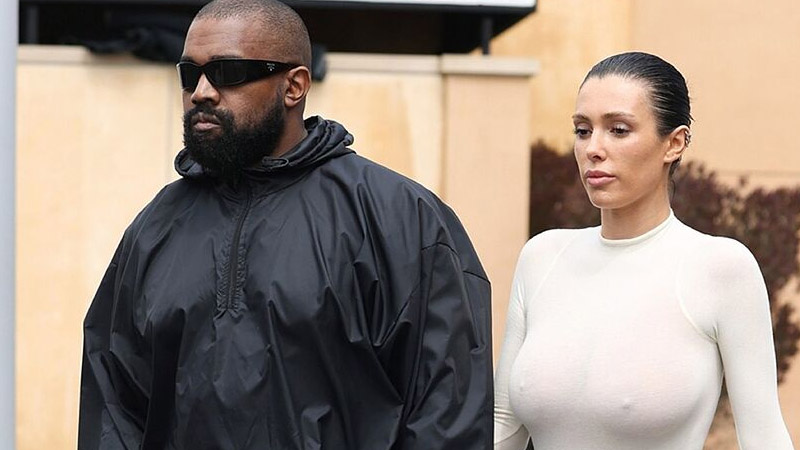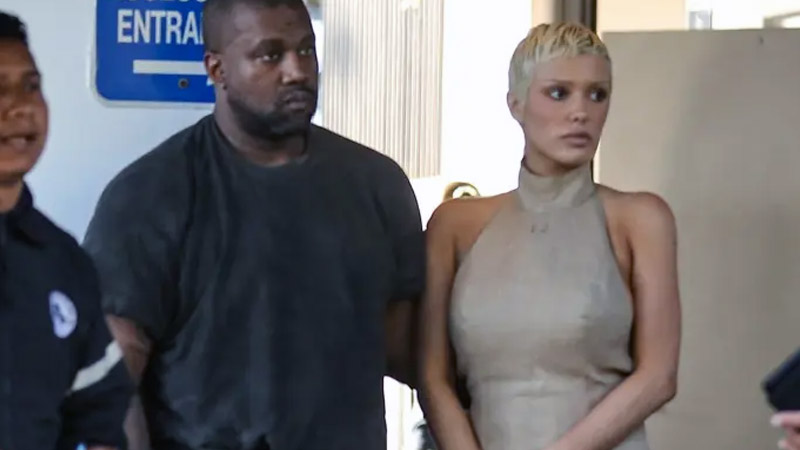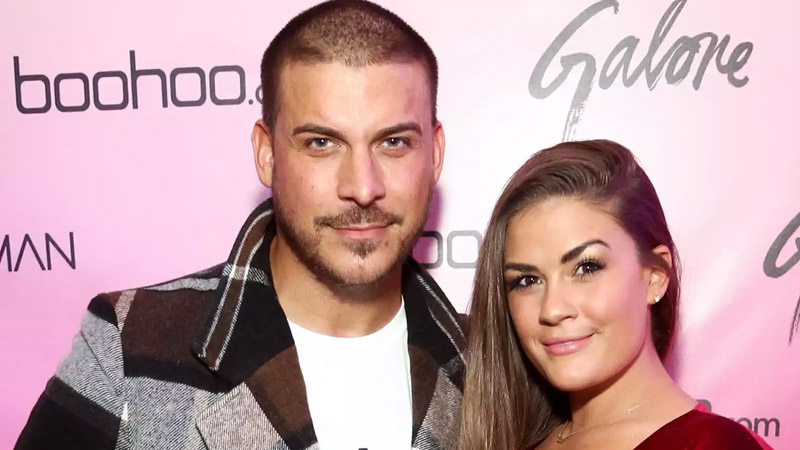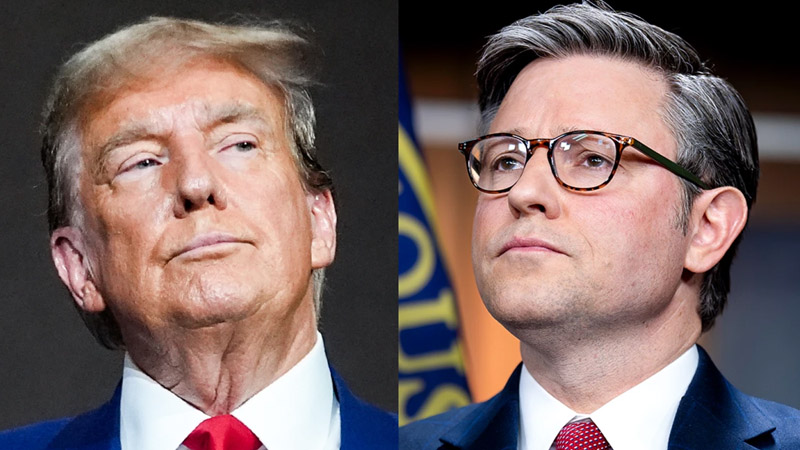Kanye West Takes Bold Financial Risk with $35 Million Beverly Hills Mansion Purchase

(Backgrid)
Kanye West, known for his bold ventures and risk-taking, has made headlines once again with his latest acquisition: a $35 million mansion in Beverly Hills. Unlike typical celebrity purchases, this isn’t intended for personal use. Kanye and his wife, Bianca Censori, plan to use the luxurious property as a lucrative investment.
What’s drawing particular attention to this purchase is Kanye’s unconventional and high-stakes financing strategy. According to Daily Mail, he funded the property using a combination of his own cash and a series of high-risk loans—a move that experts say showcases both financial creativity and considerable risk.
Kanye’s financing for the mansion was complex and unconventional. He secured $15.5 million in loans from several high-interest, high-risk lenders to help close the purchase. The largest portion, $12.5 million, came from Lone Oak Fund, a private lender that specializes in short-term bridge loans commonly used for commercial investments. These loans come with interest rates between 8.5% and 10% and require interest-only payments, making them a costly choice.
To cover additional costs, Kanye took out another $3 million from two smaller lenders, RGGL LLC and Provident Trust Group. Interestingly, Provident specializes in self-directed retirement accounts, leading some experts to speculate that Kanye may have used funds from his own pension as part of the financing.

Strategic financing advisor Doug Perry weighed in on the risks associated with Kanye’s financial approach. “There aren’t many lenders willing to make loans of this size due to the high risk,” Perry explained. “Kanye’s first mortgage lender likely capped their loan amount, forcing him to secure additional funding from a secondary source.” This layered approach to financing adds considerable risk, especially with high-interest loans, which may put pressure on the property’s future profitability.
Despite his reliance on loans, Kanye also contributed a significant amount of his own funds to the purchase. He reportedly used $19.5 million in personal capital, likely obtained from the recent sale of his Malibu property. Although the Malibu home originally cost him $57 million, Kanye sold it for a reduced price of $21 million, freeing up cash to fund his Beverly Hills acquisition.
This latest venture underscores Kanye’s audacity in business and finance, embracing high-stakes decisions that carry both potential rewards and significant risks. As Kanye and Bianca aim to turn this mansion into an income-generating asset, his financing strategy suggests he is banking on the property’s profitability to justify the risky loans.
For Kanye, this acquisition highlights his approach of leveraging assets creatively to fund new ventures. However, the high-interest loans and short-term nature of the financing make this an investment that will require careful management to ensure its success. Only time will tell if Kanye’s bold strategy pays off in this latest chapter of his entrepreneurial journey.


